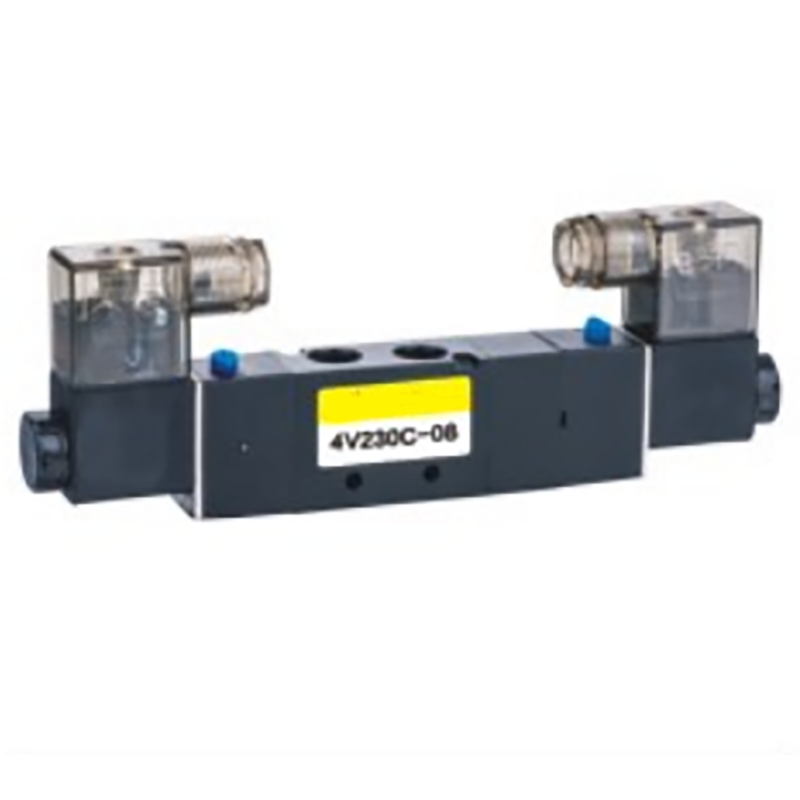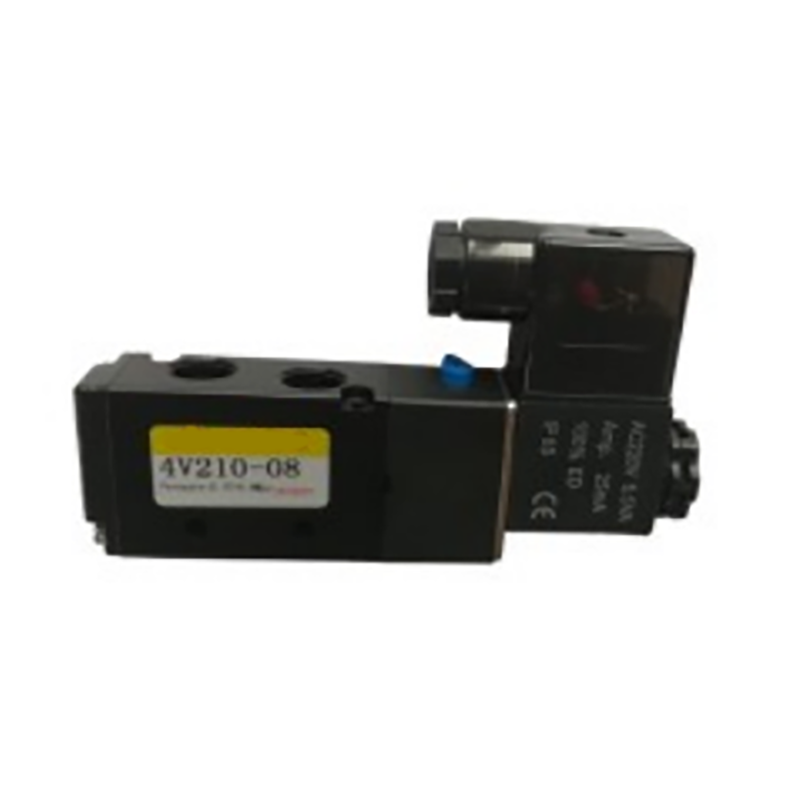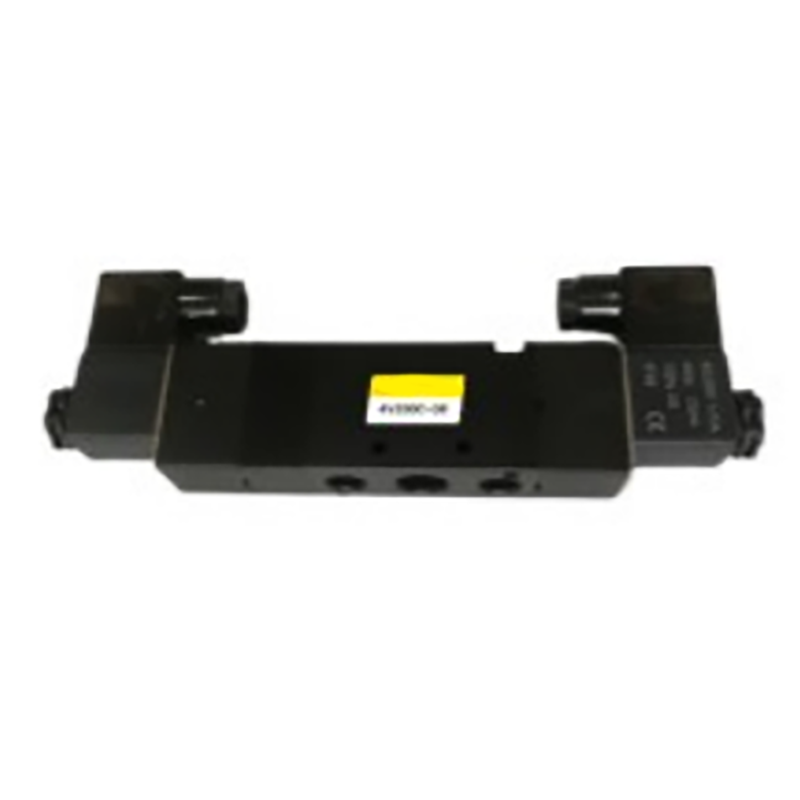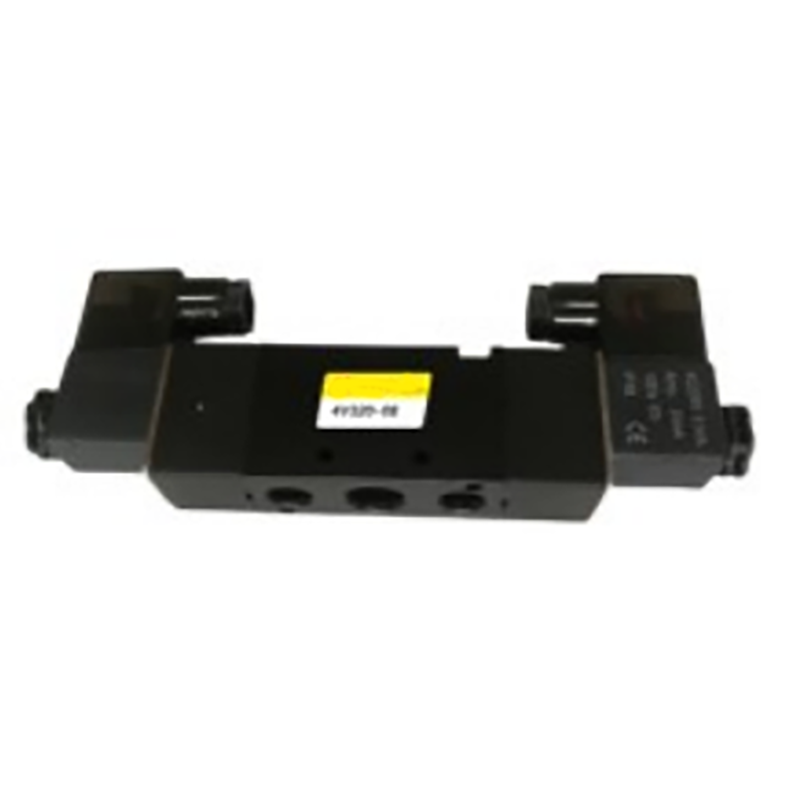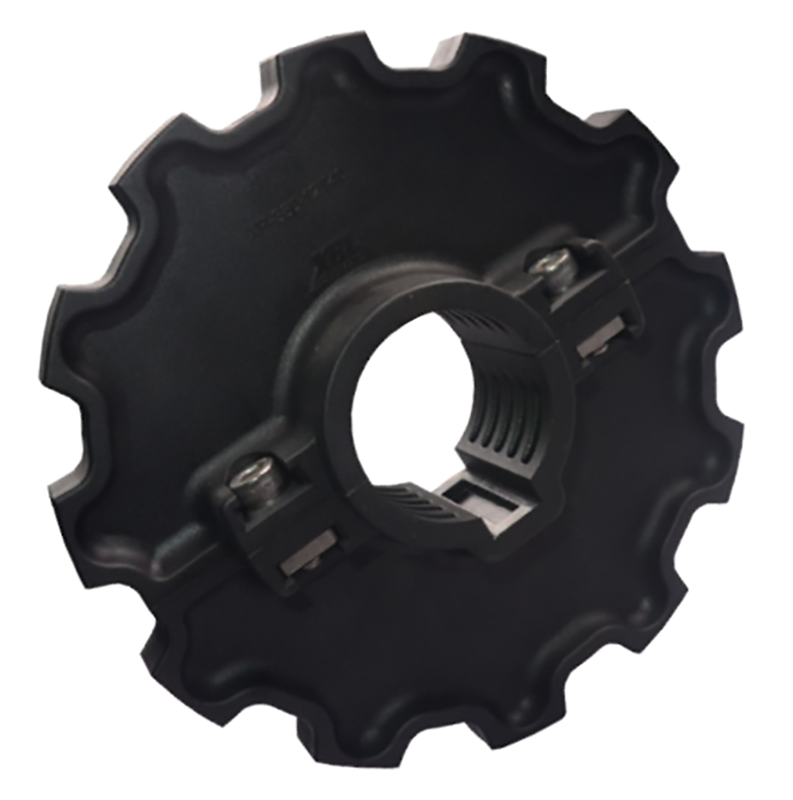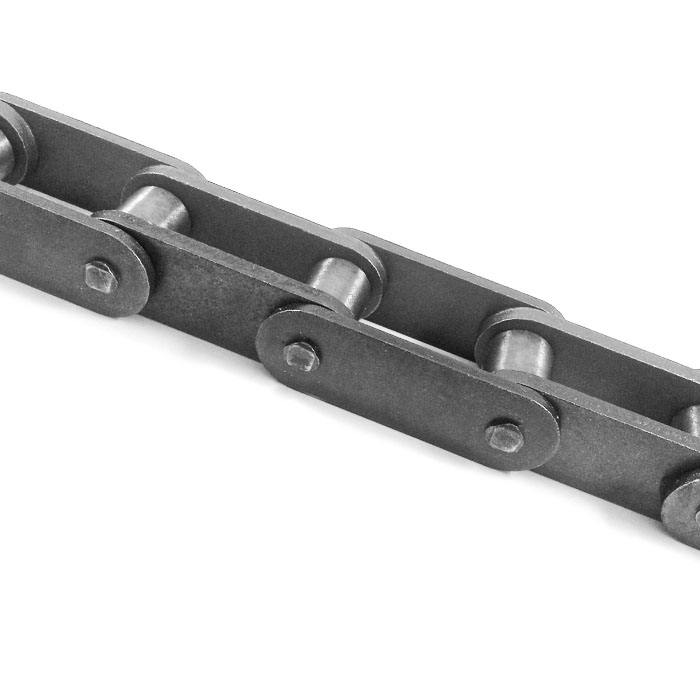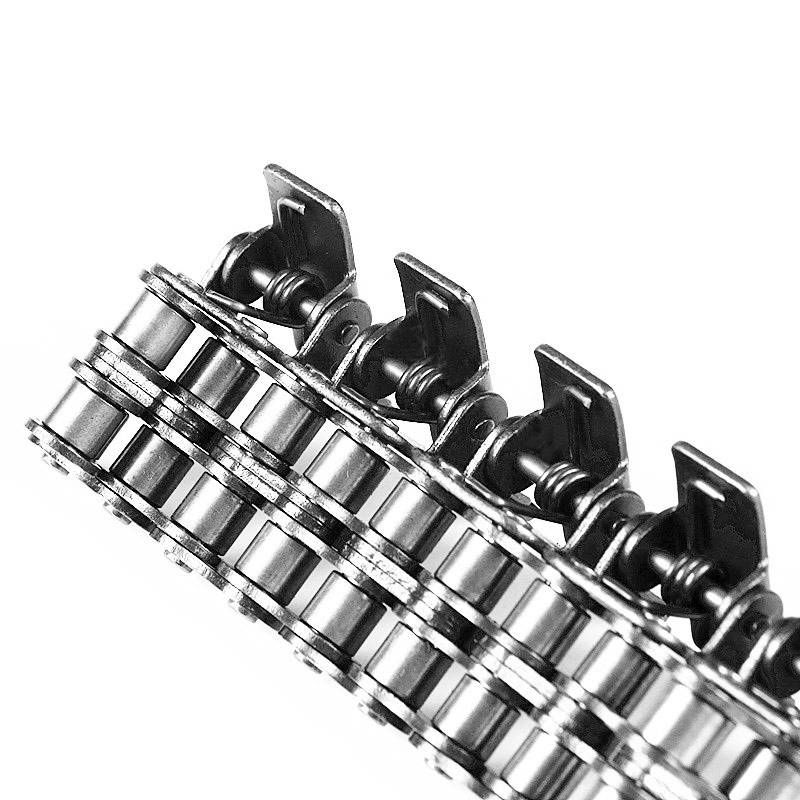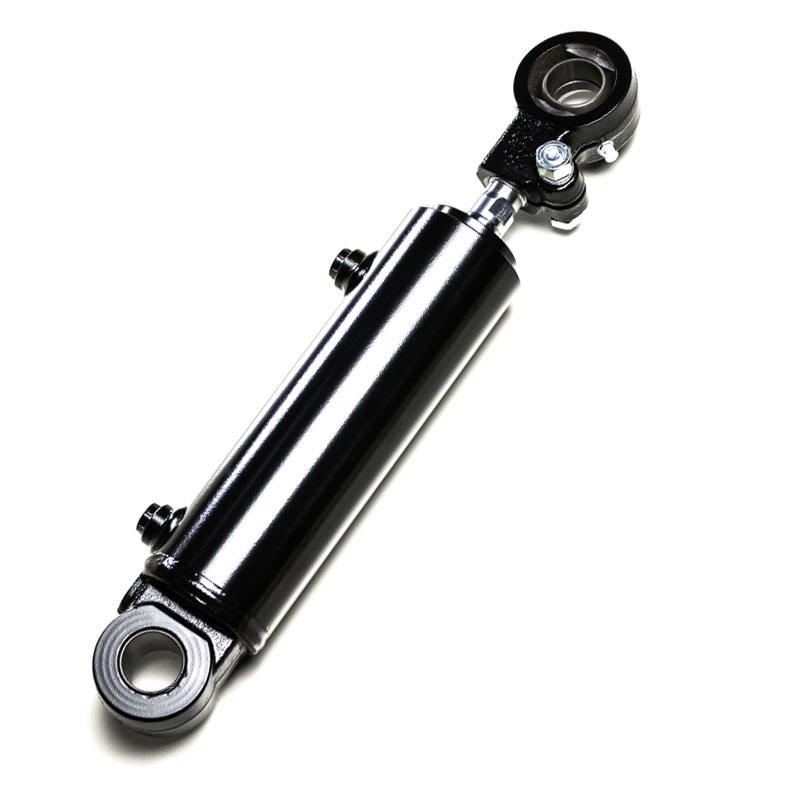Electric Car Gears: The Heart of Your EV's Performance
Electric car gears are a critical component in modern electric vehicles (EVs), responsible for transmitting power from the electric motor to the wheels with maximum efficiency. Unlike traditional internal combustion engines, EVs often utilize single-speed or multi-speed gear systems designed to optimize torque, speed, and energy consumption. Our high-performance electric car gears are engineered with precision to enhance your driving experience, reduce wear, and extend the lifespan of your vehicle. In this article, we delve into the specifics of our product line, providing detailed parameters and answering common questions to help you make an informed decision.
Key Product Parameters
Our electric car gears are manufactured using advanced materials and cutting-edge technology to ensure durability and performance. Below is a list of essential parameters that define our product offerings:
- Material: High-grade alloy steel or carbon fiber composites for superior strength and lightweight properties.
- Gear Type: Available in helical, spur, and planetary gear configurations to suit various EV models.
- Efficiency Rating: Up to 98% efficiency in power transmission, minimizing energy loss.
- Noise Level: Engineered for quiet operation, with noise levels below 65 dB under normal load conditions.
- Temperature Range: Operates efficiently in temperatures from -40°C to 150°C, ensuring reliability in diverse climates.
- Load Capacity: Designed to handle torque loads up to 500 Nm, suitable for both passenger and commercial EVs.
- Lifespan: Expected service life of over 200,000 miles with proper maintenance.
- Compatibility: Compatible with major EV brands including Tesla, Nissan Leaf, and BMW i3.
Detailed Product Specifications Table
| Model Number |
Gear Ratio |
Weight (kg) |
Maximum Torque (Nm) |
Efficiency (%) |
Application |
| ECG-101 |
8.5:1 |
4.2 |
350 |
97.5 |
Passenger EVs |
| ECG-202 |
10.2:1 |
5.8 |
500 |
98.0 |
Commercial EVs |
| ECG-303 |
7.1:1 |
3.5 |
300 |
97.0 |
High-performance EVs |
| ECG-404 |
9.0:1 |
4.5 |
400 |
97.8 |
Hybrid applications |
FAQs About Electric Car Gears
What are electric car gears and how do they differ from traditional car gears?
Electric car gears are components that transfer power from the electric motor to the wheels. They differ from traditional gears in that they are often simpler, with many EVs using a single-speed transmission due to the electric motor's broad torque range, reducing complexity and maintenance needs while improving efficiency.
Why is gear efficiency important in an electric vehicle?
Gear efficiency is crucial because it directly impacts the vehicle's range and energy consumption. Higher efficiency means less energy is lost as heat during power transmission, allowing the EV to travel farther on a single charge and reducing electricity costs over time.
How often should electric car gears be maintained or replaced?
With proper usage, electric car gears typically require minimal maintenance. However, it's recommended to inspect them every 50,000 miles for wear and tear. Replacement may be needed after 200,000 miles or if unusual noises or performance issues arise, but this varies based on driving conditions and gear quality.
Can I upgrade the gears in my existing electric car for better performance?
Yes, upgrading to high-performance gears can enhance acceleration, top speed, and efficiency. Ensure compatibility with your EV model and consult a professional for installation to avoid voiding warranties or causing damage.
What materials are best for electric car gears in terms of durability?
High-grade alloy steels and carbon fiber composites are top choices due to their strength, lightweight properties, and resistance to wear and corrosion. These materials help extend gear life and maintain performance under high stress.
Do electric car gears produce noise, and how is it mitigated?
While all gears produce some noise, electric car gears are designed for quiet operation using helical or planetary designs that reduce vibration. Advanced manufacturing techniques and sound-dampening materials keep noise levels low, often below 65 dB.
Are there environmental benefits to using specific types of electric car gears?
Yes, efficient gears contribute to lower energy consumption, reducing the overall carbon footprint of the vehicle. Additionally, using recyclable materials in gear production supports sustainability efforts in the automotive industry.
How do I know if my electric car gears need attention?
Signs include unusual grinding or whining noises, decreased acceleration, or reduced efficiency. If you experience any of these, have a certified technician inspect the gears promptly to prevent further damage.
What is the typical cost range for replacing electric car gears?
Costs vary based on the EV model and gear type, but replacement can range from $1,000 to $3,000 for parts and labor. High-performance or custom gears may be more expensive, but they offer better longevity and performance.
Can electric car gears be recycled at the end of their life?
Absolutely. Most gear materials, such as steel and composites, are recyclable. Many manufacturers and recycling programs accept old gears, promoting eco-friendly disposal and reducing waste.


